Is Your Ghost Kitchen Haunted by Food Safety Breaches?
Modern Restaurant Management
JANUARY 27, 2022
The restaurant industry is still dealing with pandemic-related issues, including supply chain disruptions, new COVID variants and surging cases, labor shortages, rising prices, and a shift in consumer demand. As a result, ghost kitchens, delivery-focused kitchens without a storefront or dining area, are growing in popularity.


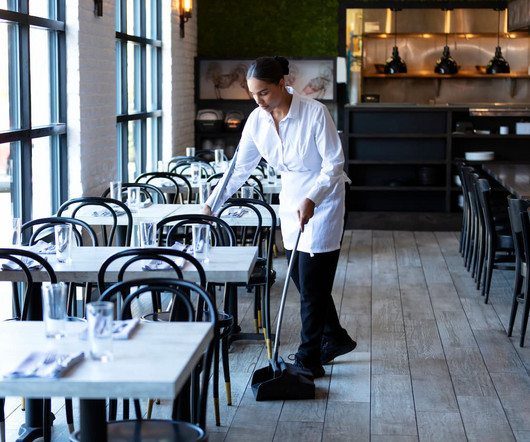

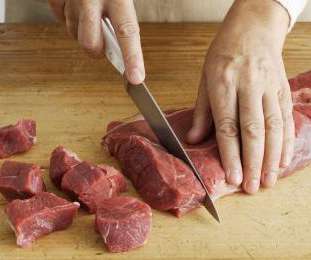

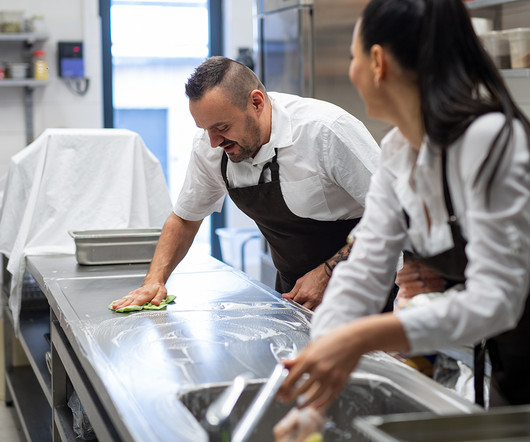
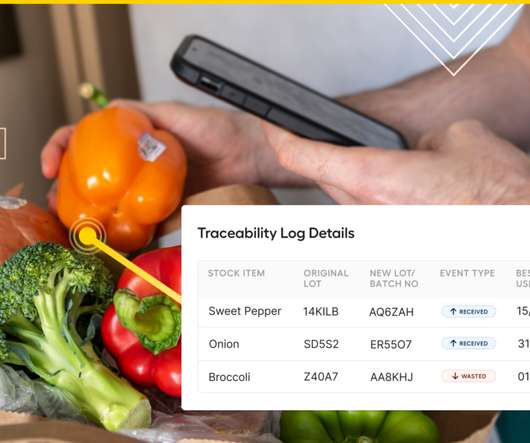
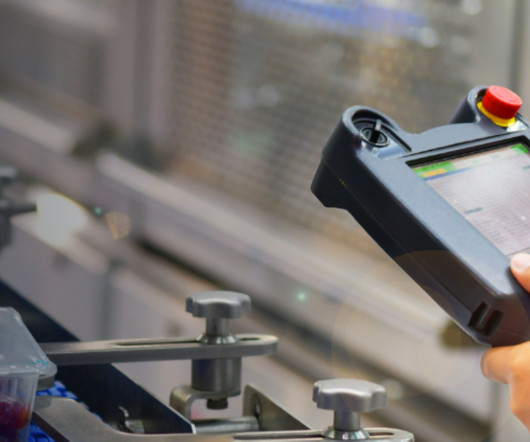

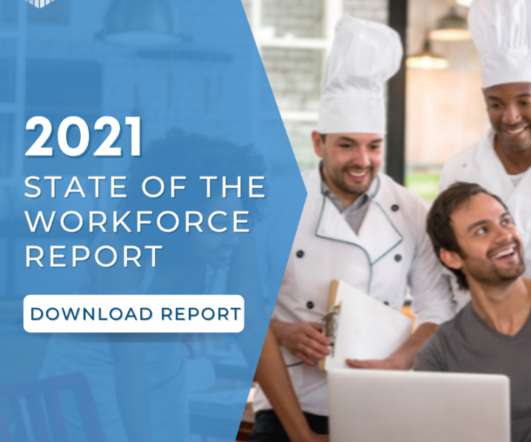
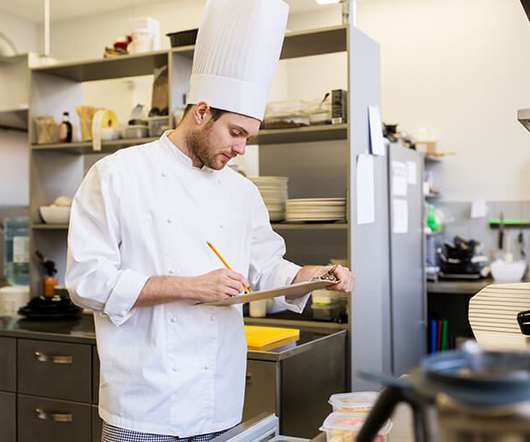
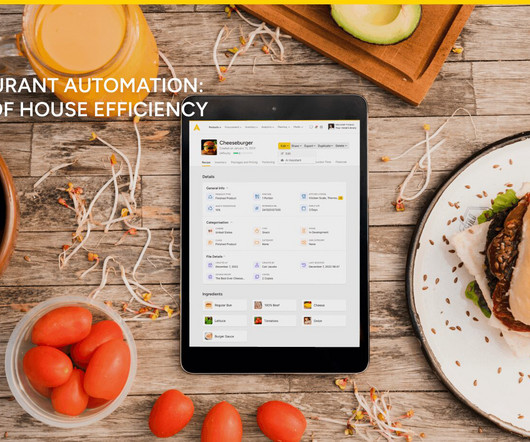


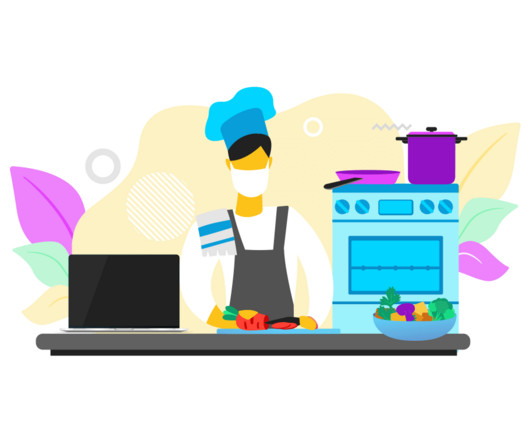









Let's personalize your content